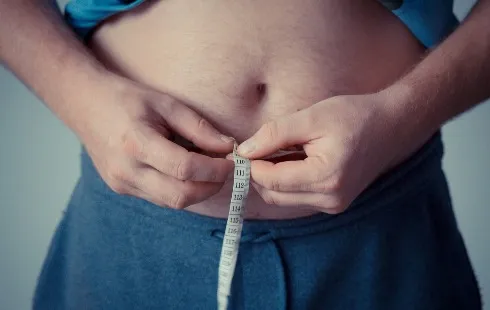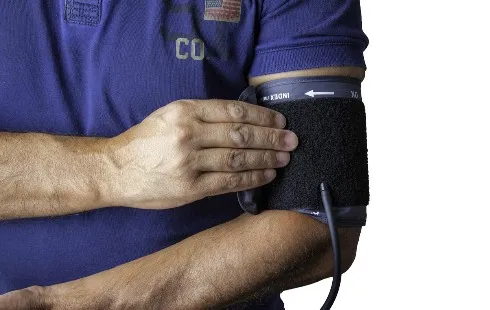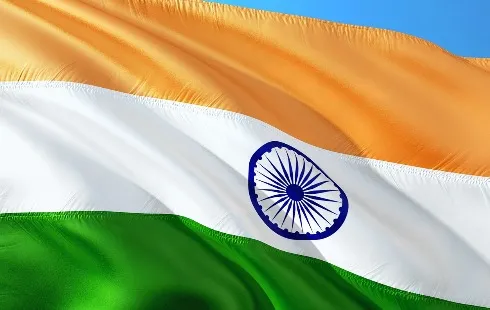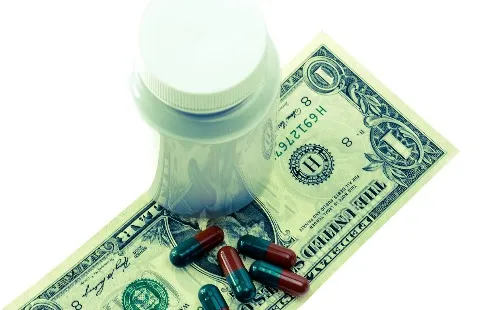
New to Germany? Avoid These Common Health Insurance Mistakes
Section: Health Insurance
In the worldwide race for a vaccine to stop the coronavirus, the laboratory sprinting fastest is at Oxford University. Most other teams have had to start with small clinical trials of a few hundred participants to demonstrate safety. But scientists at the university's Jenner Institute had a head start on a vaccine, having proved in previous trials that similar inoculations, including one last year against an earlier coronavirus, were harmless to humans. That has enabled them to leap ahead and schedule tests of their new coronavirus vaccine involving more than 6,000 people by the end of next month, hoping to show not only that it is safe, but also that it works. The Oxford scientists now say that with an emergency approval from regulators, the first few million doses of their vaccine could be available by September, at least several months ahead of any of the other announced efforts if it proves to be effective.
AstraZeneca teams up with Oxford University to develop COVID-19 vaccine
"Our hope is that, by joining forces, we can accelerate the globalization of a vaccine to combat the virus and protect people from the deadliest pandemic in a generation," AstraZeneca Chief Executive Pascal Soriot said. The drug maker did not give details on when it plans to start producing the vaccine "ChAdOx1 nCoV-19", being developed by the Jenner Institute and Oxford Vaccine Group.
Though the firm is not a major player in vaccine development, unlike European peers GSK and Sanofi who are working on their own vaccine, it has deep pockets and a $6-billion-strong R&D budget. The AstraZeneca-Oxford partnership is looking to produce 100 million doses by the end of the year and prioritise supply in the UK, Soriot told the Financial Times.
Germany also join the vaccine race as Pfizer aims to make 10-20 million doses of a coronavirus vaccine it is developing with Germany's BioNtech by the end of 2020 for emergency use depending on trial results, the US drug maker's vaccines head said on Thursday. The companies, which are developing four vaccine candidates, have already dosed the first humans in Germany and Pfizer Inc, and BioNTech SE said on Tuesday they have begun delivering doses of their experimental coronavirus vaccines for initial human testing in the United States. The US drug maker and German partner said if the vaccine proves to be safe and effective in trials, it could potentially be ready for wide US distribution by the end of the year, shaving several years off the typical vaccine development timeline. Pfizer, BioNtech and numerous other companies and scientists are in a global race to develop a vaccine for the virus, since there are currently no approved treatments and therapies under study.
Scientists at the National Institutes of Health's Rocky Mountain Laboratory in Montana last month inoculated six rhesus macaque monkeys with single doses of the Oxford vaccine. The animals were then exposed to heavy quantities of the virus that is causing the pandemic -- exposure that had consistently sickened other monkeys in the lab. But more than 28 days later all six were healthy, said Vincent Munster, the researcher who conducted the test. "The rhesus macaque is pretty much the closest thing we have to humans," Dr. Munster said, noting that scientists were still analyzing the results. He said he expected to share it with other scientists next week and then submit it to a peer-reviewed journal. Immunity in monkeys is no guarantee that a vaccine will provide the same degree of protection for humans.
A Chinese company that recently started a clinical trial with 144 participants, SinoVac, has also said that its vaccine was effective in rhesus macaques. But with dozens of efforts now underway to find a vaccine, the monkey results are the latest indication that Oxford's accelerated venture is emerging as a bellwether. In China, the government's instinct is to showcase the country's growth into a technological power capable of beating the United States. There are nine Chinese Covid-19 vaccines in development, involving 1,000 scientists and the Chinese military.
With the demand for a vaccine so intense, there are escalating calls for "human-challenge trials" to speed the process: tests in which volunteers are injected with a potential vaccine and then deliberately exposed to the coronavirus. Because the approach involves exposing participants to a potentially deadly disease, challenge trials are ethically fraught. But they could be faster than simply inoculating human subjects and waiting for them to be exposed along with everyone else, especially as the pandemic is brought under control in big countries.
Some of the leading contenders for a coronavirus vaccine are now promising to have the first batches ready in record time, by the start of next year. They have accelerated their schedules by collapsing the standard vaccine timeline.
They are combining trials that used to be carried out one after the other. They are pushing their formulations into production, despite the risk that the trials will fail, leaving them with millions of useless doses.
Where researchers and scientist are in a potential race there is another race underway between nationalism and globalization. We are not racing against each other, we are racing the virus," said Dr. Dan Barouch, the director of the Center for Virology and Vaccine Research at Beth Israel Deaconess Medical Center and a professor at Harvard Medical School who is also working with Johnson & Johnson. "What we need is a global vaccine -- because an outbreak in one part of the world puts the rest of the world at risk." That all-for-one sentiment has become a mantra among many researchers, but it is hardly universally shared.
In India, the Serum Institute, the heavyweight champion of vaccine manufacturing producing 1.5 billion doses a year, has signed agreements in recent weeks with the developers of four promising potential vaccines. But in an interview with Reuters, Adar Poonawalla, the company's billionaire chief executive, made it clear that "at least initially" any vaccine the company produces would have to go to India's 1.3 billion people. The Trump administration, which in March put out feelers to a German biotech company to acquire its vaccine research or move it to American shores, has awarded grants of nearly half a billion dollars each to two U.S.-based companies, Johnson & Johnson and Moderna.
Scientists in Italy have claimed to have found a potential vaccine for humans against Covid-19. According to a report in Science Times on Tuesday, Luigi Aurisicchio, the chief executive officer of Takis, the firm developing the medication, claimed that this was the most advanced stage of testing since the race for the Covid-19 vaccine began in the world. These scientists claim that tests carried out at Rome's infectious-disease Spallanzani Hospital showed that a potential vaccine, which has antibodies generated in mice, work on human cells too. "This is the most advanced stage of testing of a potential vaccine in the country," Aurisicchio was quoted by Italian news agency ANSA as saying. "Human tests could begin in summer," he added.
He also said his firm was exploring options with an American drug company, LineaRx, as well. However, for the vaccine to come to fruition, Takis' efforts require support from the Italian government, and partnerships with international bodies. "This is not a competition. If we join our forces and skills together, we can all win against coronavirus," Aurisicchio said in the report.
All of the vaccine candidates under Italian study were being developed on the basis of genetic material of DNA protein, also called a spike, the report added. The vaccine employs a technique called "electroporation" to help these break into the cells and activate the immune system. According to researchers, this adds to the vaccine's effectiveness for generating functional antibodies against "spike" protein in lung cells. Lung cells have been most vulnerable to the coronavirus. The scientists are now awaiting better test results on the next trial. Dr Emanuele Marra from Takis said the vaccines could also adapt to any future mutations of the virus.
Japan is expecting to begin clinical trials for a vaccine to treat coronavirus in July, the country's prime minister said on Monday.
Addressing the budget committee in parliament, Shinzo Abe revealed that work on vaccines are being carried in several institutions, including the University of Tokyo, Osaka University and the National Institute of Infectious Diseases.
It's a matter of great relief that companies and countries globally are trying so hard to battle the Corona virus pandemic

Section: Health Insurance

Section: Health

Section: News

Section: Arts

Section: Arts

Section: Politics

Section: Politics

Section: News

Section: Politics

Section: Health Insurance
Health Insurance in Germany is compulsory and sometimes complicated, not to mention expensive. As an expat, you are required to navigate this landscape within weeks of arriving, so check our FAQ on PKV. For our guide on resources and access to agents who can give you a competitive quote, try our PKV Cost comparison tool.
Germany is famous for its medical expertise and extensive number of hospitals and clinics. See this comprehensive directory of hospitals and clinics across the country, complete with links to their websites, addresses, contact info, and specializations/services.
Davi Pontes and Wallace Ferreira present Repertório N.2 and Repertório N.3. Two young dancers stand completely naked on stage, rhythmically stamping their feet in energetic patterns that continuously evolve. The physical intensity reverberates through the space, with sweat flying and heavy...



No comments yet. Be the first to comment!